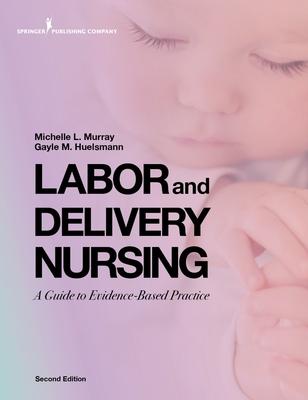Praise for the First Edition:
"Where was this book when I was a new nurse just learning the ropes of labor and delivery? This is a true gem of a book--a must for any new grad going into labor and delivery. I recommend this book for every labor and delivery floor."
-Cindy Curtis, RNC, IBCLC, CCE
Former Director, The Family Birth Center
Culpeper Regional Hospital
Lignum, VA
"The best one-stop reference book for the experienced and novice Labor and Delivery RN....Finally an excellent Labor and Delivery book by RN's -- for RN's."
-Garla DeWall, RNC
Presbyterian Hospital in the Family Birthing Center
Albuquerque, New Mexico
The clinically oriented guide to nursing care during childbirth is distinguished by its strong focus on evidence-based practice as well as its engaging style and user-friendly format. It reviews the nursing process from admission to delivery focusing on proper surveillance and care, comprehensive data acquisition, interpretation, and teamwork.
The second edition continues to help labor and delivery nurses make wise decisions in the delivery room, optimizing both maternal and fetal outcomes. It clearly explains the stages and phases of labor, delivery, and pain assessment and management--all supported by proven research. This text provides authoritative guidance on intervention options, creating patient-centered care plans, and improving communication with other members of the obstetrics team.
- New to the Second Edition:
- Proper analysis of the partograph to facilitate appropriate patient interventions
- Updated information about clinical pelvimetry
- New information on psyche, including the religious, spiritual, and cultural dimensions of care
- Setting priorities in triage and care related to postpartum hemorrhage
- Identification of "myths" related to childbirth
- Individualized patient care related to fetal distress and nonreassuring fetal status
- Oxytocin infusion and its relationship to permanent Erb's palsy and autism
- Updated information on technology, including connectivity between smart IV pumps and the EMR
- How to distinguish functional from mechanical dystocia and intervene to enhance fetal and maternal safety
- Key Features:
